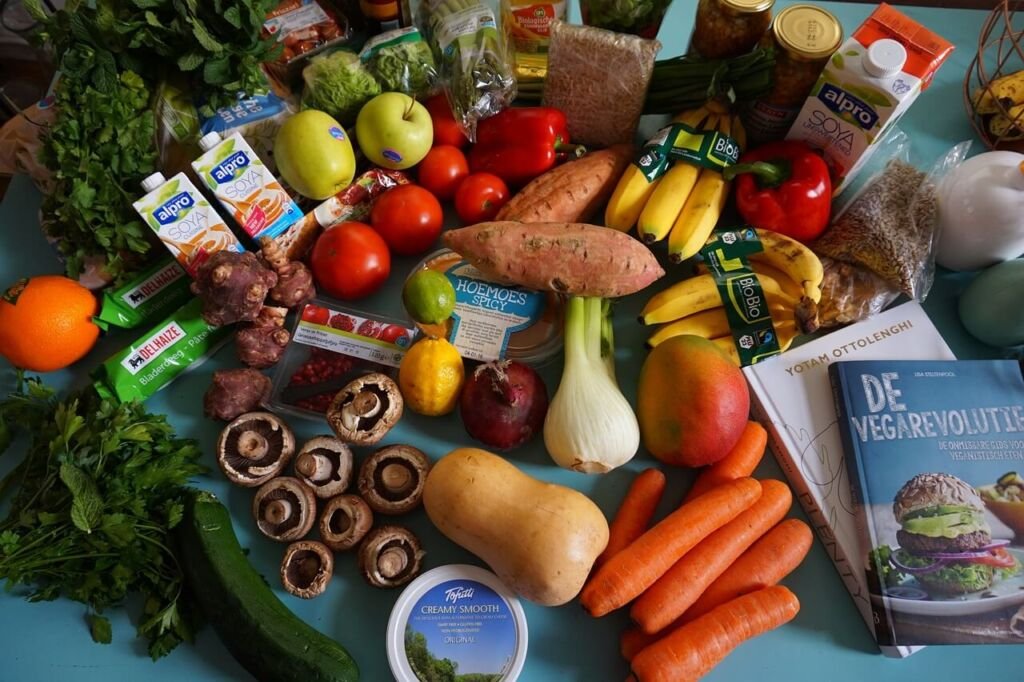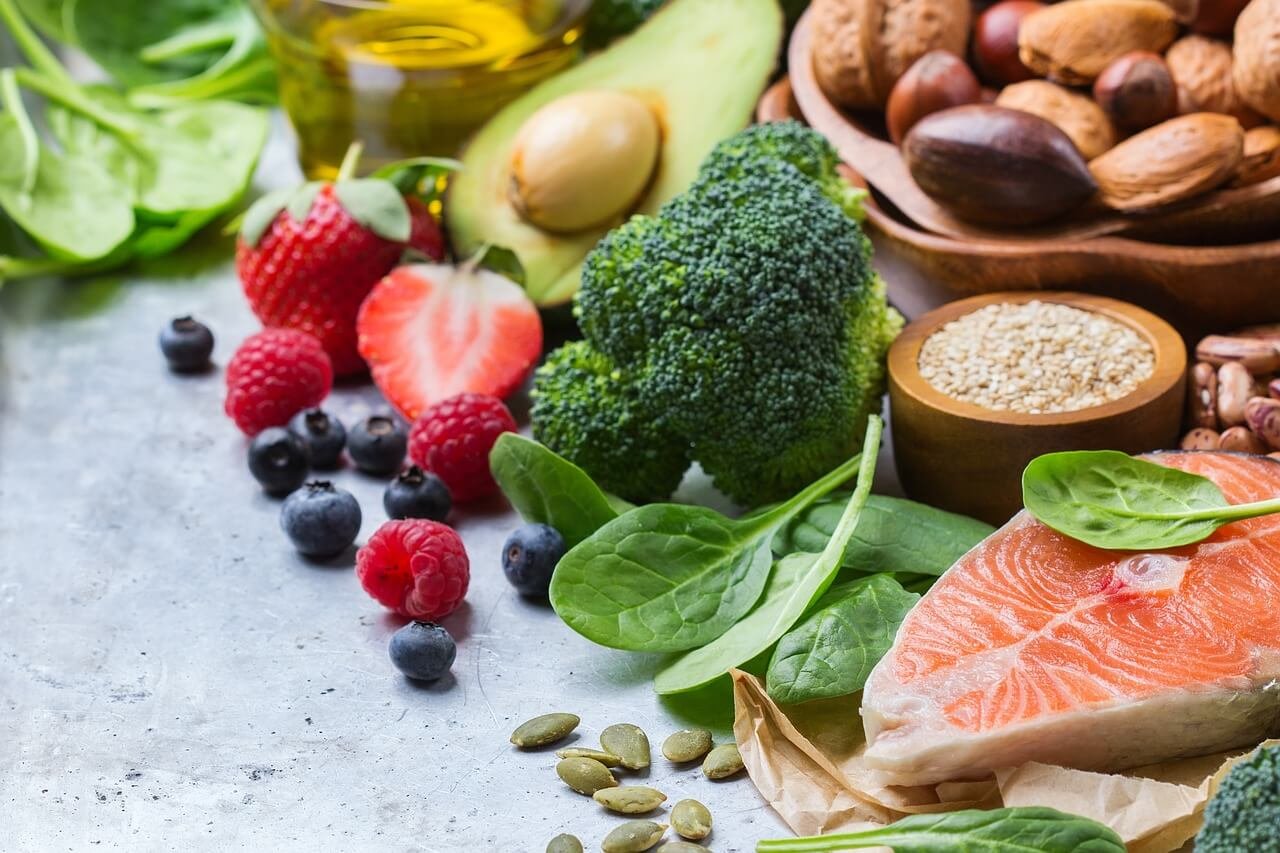Discover the Essential Nutrients and Food Groups That Make Up a Balanced Diet
A balanced diet is key to maintaining good health and wellness. But with so many conflicting opinions and diets out there, it can be difficult to know what a balanced diet actually looks like. In this blog post, we’ll break down the basics of a balanced diet, so you can understand the essential nutrients and food groups that make up a healthy diet.
What is a Balanced Diet?

A balanced diet is one that includes all the essential nutrients your body needs to function properly. These nutrients include carbohydrates, proteins, fats, vitamins, minerals, and water. A balanced diet should also include a variety of different foods to ensure you’re getting all the nutrients you need.
The Essential Nutrients
Here’s a breakdown of the essential nutrients your body needs, and the foods that provide them:
1. Carbohydrates: Carbohydrates are the body’s main source of energy. Good sources of carbohydrates include fruits, vegetables, whole grains, and legumes.
2. Proteins: Proteins are essential for building and repairing tissues, as well as for making hormones and enzymes. Good sources of protein include lean meats, fish, poultry, beans, and tofu.
3. Fats: Fats are essential for many bodily functions, including the absorption of vitamins and the production of hormones. Good sources of healthy fats include nuts, seeds, avocados, and fatty fish like salmon.
4. Vitamins: Vitamins are essential for maintaining good health and preventing diseases. Good sources of vitamins include fruits, vegetables, and whole grains.
5. Minerals: Minerals are essential for building strong bones, maintaining fluid balance, and aiding in metabolic processes. Good sources of minerals include leafy green vegetables, dairy products, and nuts.
6. Water: Water is essential for maintaining good health and keeping the body hydrated. It’s important to drink enough water each day to ensure proper bodily functions.
The Food Groups
To get all the essential nutrients you need, it’s important to eat a variety of foods from different food groups. The five main food groups are:

1. Fruits: Fruits are high in vitamins and fiber, and provide a natural source of sweetness. Good sources of fruits include apples, berries, and citrus fruits.
2. Vegetables: Vegetables are high in vitamins, minerals, and fiber, and help to reduce the risk of chronic diseases. Good sources of vegetables include leafy greens, carrots, and broccoli.
3. Grains: Grains provide carbohydrates and fiber, and can help regulate blood sugar. Good sources of grains include brown rice, quinoa, and whole wheat bread.
4. Proteins: Proteins provide amino acids, which are essential for building and repairing tissues. Good sources of proteins include lean meats, fish, beans, and tofu.
5. Dairy: Dairy products provide calcium and other essential nutrients for strong bones and teeth. Good sources of dairy include milk, cheese, and yogurt.
Putting It All Together
A balanced diet should include a variety of foods from all five food groups, as well as plenty of water. It’s also important to limit processed and sugary foods, and to avoid consuming too much saturated and trans fats. When planning your meals, aim for a variety of colors and textures to ensure you’re getting a range of nutrients.
Conclusion
A balanced diet is essential for good health and wellness. By including all the essential nutrients and food groups, you can ensure you’re getting the nutrients your body needs to function properly.
